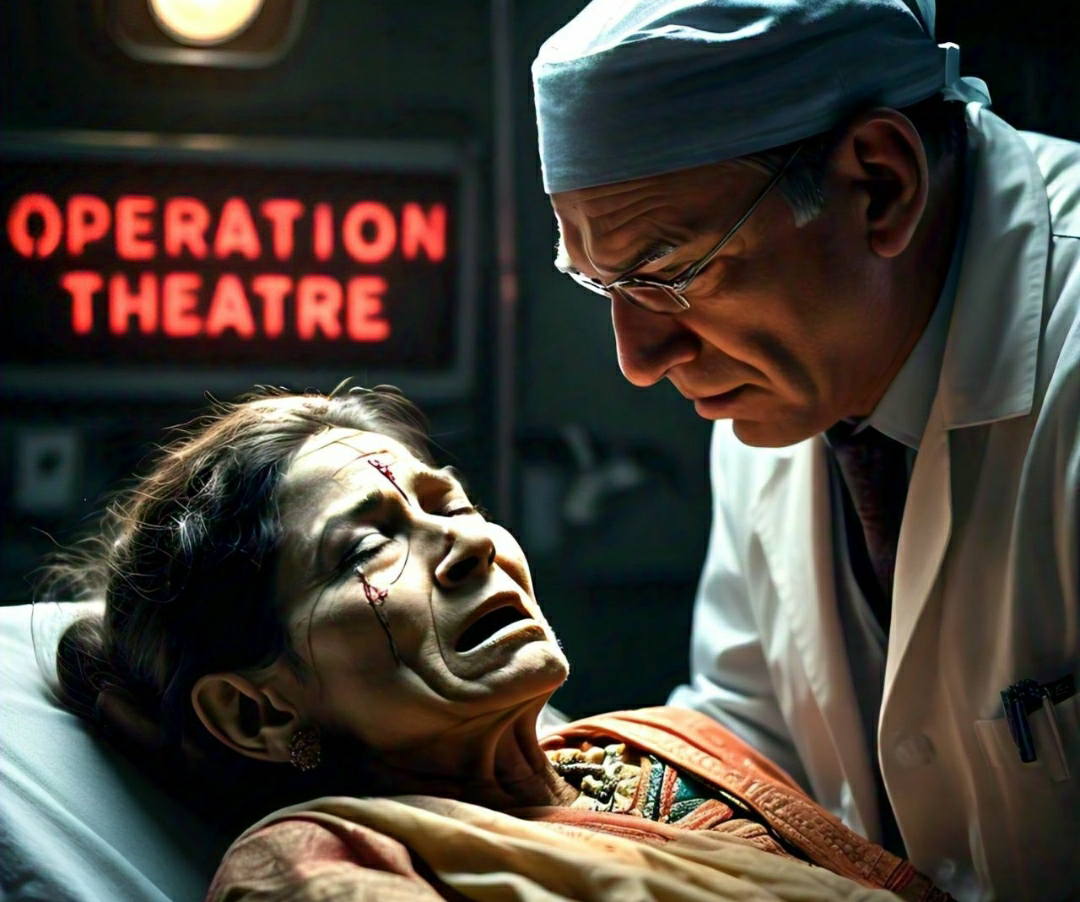Dear Readers,
This is my experience as a OR Nurse in India.
... My blog may change you
If you want to read in Malayalam Click Here
As a nurse with 15 years of experience in the operation theatre, I've witnessed firsthand the myriad emotions and challenges that unfold within these critical walls. The operation theatre isn't just a place for medical procedures; it's where people find their last hope or experience moments of profound happiness. Through this blog, I aim to shed light on the realities faced by Indian citizens—be it fathers, mothers, daughters, sons, grandchildren, or anyone else who enters this space seeking medical care for various reasons.
In the operation theatre, emotions vary greatly. I've seen fathers overwhelmed with joy at the birth of a baby boy, while others have been deeply saddened by the same event. This diversity of experiences underscores the complex nature of healthcare and the deeply personal impact it has on individuals and families.
One of the most heartbreaking aspects of my job is witnessing surgeons having to turn away patients in need of life-saving surgeries due to financial constraints. Many individuals simply cannot afford the cost of these procedures and resort to seeking loans from banks. Whether they receive the necessary funding often determines whether they can access treatment in private hospitals across India.
As an orthopaedic scrub nurse, I've been involved in numerous joint replacement surgeries where the choice of implants ranges from affordable options to high-cost alternatives. The quality of these implants directly correlates with the patient's financial resources. Sometimes, patients opt for cheaper implants, but the trade-off may be compromised quality and durability. It's not uncommon for implant companies to offer warranties ranging from 15 to 25 years, highlighting the significant variability in product standards and patient outcomes.
From my extensive experience, I firmly believe that financial accessibility to surgeries significantly impacts the quality of patient care and overall quality of life. This conviction underscores why I advocate strongly for health insurance coverage for all Indian citizens, particularly through private insurance plans. A family insurance policy, for instance, typically costs around 20,000 rupees annually in India. Personally, I invest 12,000 rupees per year in insurance, providing coverage up to 5 lakh rupees. By setting aside just 1,000 rupees monthly, families can proactively prepare for unforeseen medical expenses.
Patients with private insurance receive first-class treatment in hospitals, ensuring they receive optimal care without the burden of financial stress post-discharge. This level of security extends beyond a single hospital, as insurance coverage facilitates access to quality healthcare services across the country.
Unfortunately, many individuals in India adopt a reactive approach to healthcare expenses, believing they can manage without insurance until a crisis arises. This mindset often leads families into dire financial straits during hospital admissions—a reality I've seen too often in my practice.
Beyond national borders, the importance of health insurance becomes even more apparent. Traveling abroad necessitates substantial insurance coverage, far exceeding the modest investment required for domestic health insurance. In contrast, a two-day hospital stay in a private Indian hospital typically costs upwards of 25,000 rupees. The affordability and comprehensive coverage provided by a 5 lakh rupee insurance policy, priced at approximately 12,000 rupees annually, underscore its value in safeguarding against unforeseen medical expenses.
Ultimately, the decisions regarding healthcare and financial planning rest with each individual and family. My intent in sharing these insights isn't to endorse any specific insurance provider but rather to empower readers with the knowledge gleaned from my experiences in the operation theatre. I urge you to consider the implications of being financially unprepared for medical emergencies and to take proactive steps to protect your family's well-being.
In closing, I hope my reflections as an operation theatre nurse in India serve as a catalyst for informed decisions about healthcare and insurance. Your life's journey is yours to navigate, but I believe that being equipped with the right information can make all the difference in safeguarding your health and financial stability.
Thank you for reading.
RN Jorj ( Kerala )
Operation Theatre Nurse


അഭിപ്രായങ്ങള്
ഒരു അഭിപ്രായം പോസ്റ്റ് ചെയ്യൂ